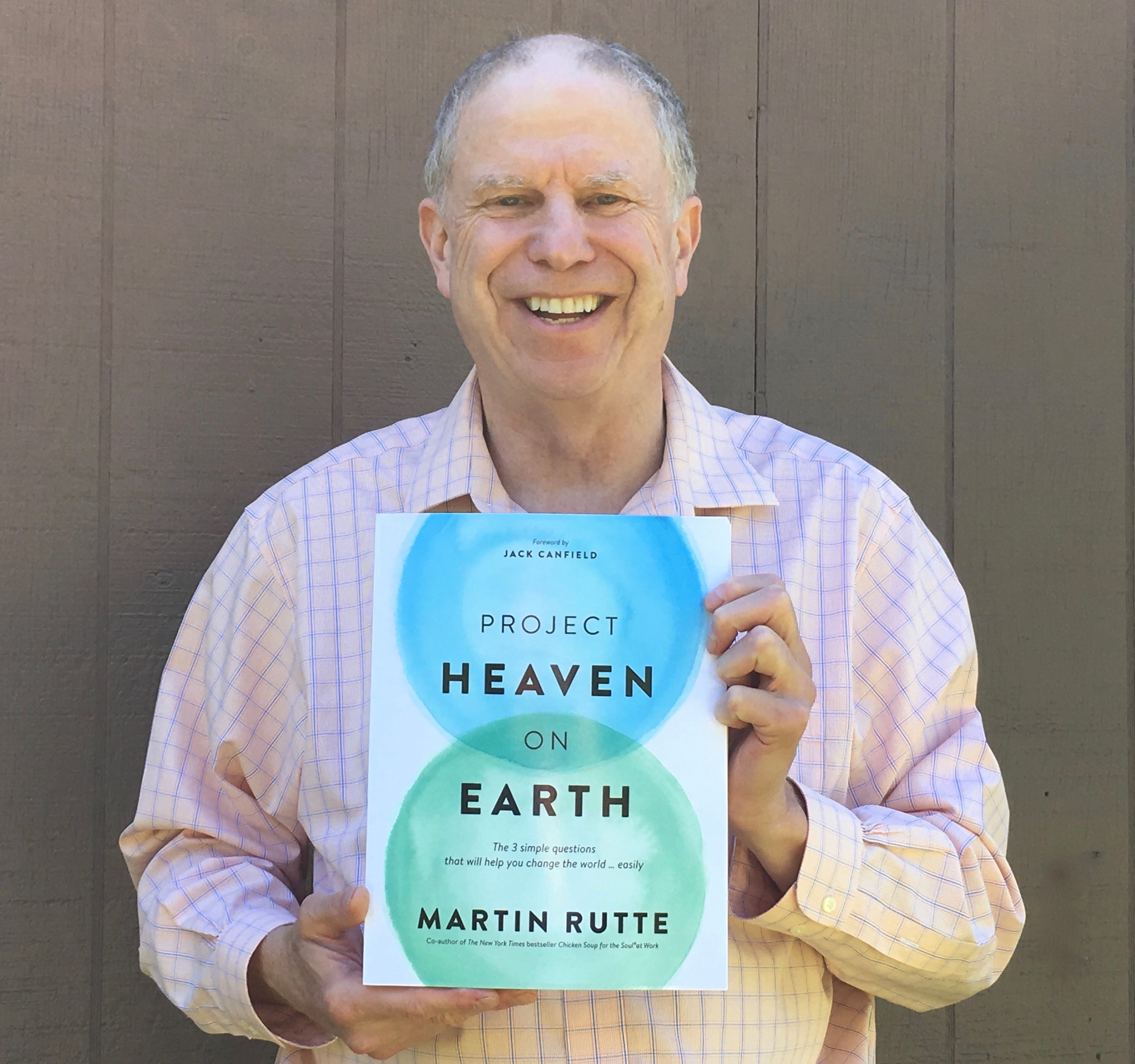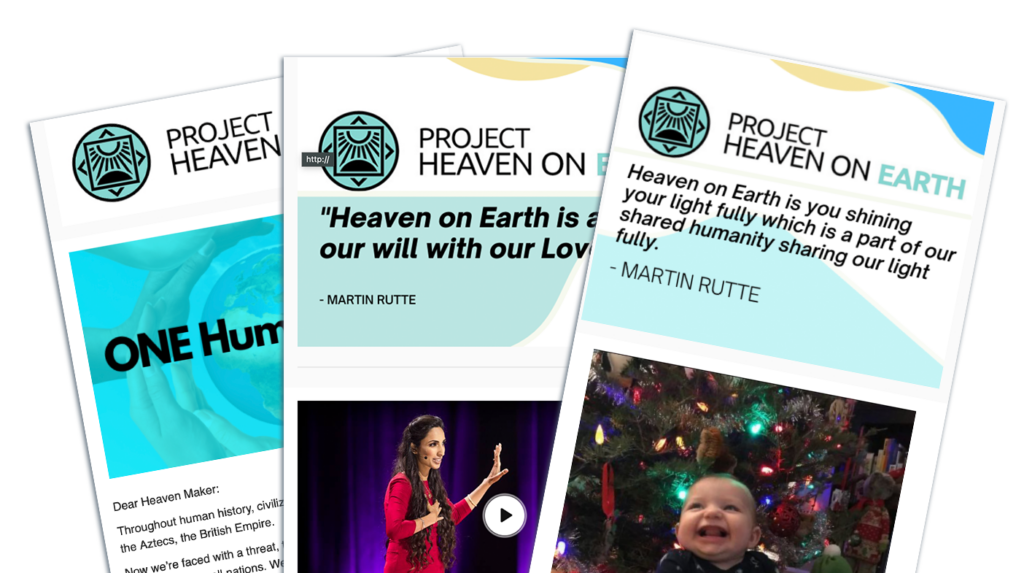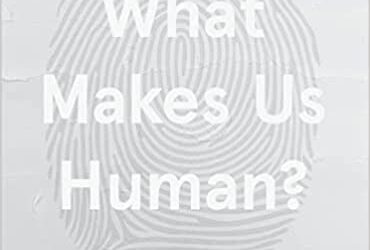Dear Heaven Maker:
Many people believe that, in order to do something, you need to believe you can do it. They say, “In order for me to do X, I need to believe that I can do X.” Belief then is a prerequisite for accomplishment. But this is not necessarily true. Let me explain.
If you think you need to believe you can do something in order to do it, then you will only do those things you believe you can do. But what if you wanted to do something and believed you couldn’t do it? What if you wanted to end world hunger but didn’t believe you/we could do it? Aren’t we constantly seeing scenes of starving children on TV? Or, what if you wanted to end the war but didn’t believe you/we could? There have always been wars and there are wars now. Therefore, there will always be wars.
According to this operating assumption, you have to wait until you believe you can do something in order to do it. The result is that your time is spent either waiting for or trying to create the belief.
One way you try to avoid this assumption is to make your objective smaller. This makes it easier to believe you can accomplish it. You do achieve a result, but the result is smaller than what you originally wanted. Another way you try to avoid your assumption is to move the date for the completion of the objective farther into the future. This also makes it easier to believe you can accomplish it. Again, you achieve a result, but it’s farther away than you originally wanted.
In both of these attempts, you achieve a result, but you haven’t gone for what you really want, you’ve settled for less. “Waiting for the belief to be there” still exerts its control over you.
Waiting for the belief to be present doesn’t give us what we want. While we’re waiting to have the belief that we can end hunger or war, hunger and war persist — people are suffering, children continue to die, and families, cities, and countries are destroyed. The fact that we don’t believe it’s possible to end hunger or abolish war, and the fact that we think we need to believe it’s possible before we begin, becomes more important and powerful than our actually ending them! The necessity for the belief to first be present prevents us from getting into action.
There is another, much more useful way to engage with this. What if you say you don’t believe you can end hunger or end war and you do it anyway? What if you say having the belief that you can do something is not a necessary prerequisite to producing a result? What if you make taking action on ending hunger or war far more important than waiting to have the belief that you can end it?
Let’s relate this to your own life. Have you ever seen someone do something amazing and then they say, “I don’t believe I did that”? Have you ever done something so amazing yourself and then said, “I don’t believe I did that”? How can this be? How can you continue having experiences in your life where you, or others, actually accomplish something and then say, “I don’t believe I did it”?
How do people achieve something without believing they can? Doesn’t this fly directly in the face of the basic assumption that you have to believe you can do something in order to do it? Why is this so?
The reason is:
It is not necessary
to believe you can accomplish something in order to accomplish it.
It’s nice if it’s there, but it’s not necessary. You don’t have to believe that you can do something in order to do it. What you need in order to do something is to do it!
In the mid-1980s, I decided to run a full 26.2-mile marathon. I’d never run one before. The most I’d ever run was 5 miles, which is what I believed I’d probably do in the marathon. I phoned two friends, Bryan and Jim, and asked them to join me.
The day of the marathon was beautiful and sunny. There were about 2,000 runners at the starting line and we all took off at the sound of the starter’s gun. I was running at a faster pace than I ever had. Bryan, Jim, and I talked and laughed and sang and joked as we ran. Whenever I felt tired, the two of them would urge me on and vice versa.
We passed the 5-mile mark, the 6, then the 7-mile mark. Things were going fine. Then came miles 8, 9, and 10. Then miles 11, 12, 13, and 14. Even at 15 miles, we were all going strong.
At 16 miles, a funny thing happened. I was still running, but when I looked around me, everything was standing still.
How could that be? I didn’t understand. Then I looked down at my legs and immediately understood. They weren’t moving! I was running from the waist up, not from the waist down — I’d hit “the wall.” And so the marathon ended for me (Jim and Bryan kept going).
Here I was with a belief that I could only run 5 miles because that’s the most I’d ever done. Yet on that day, I ran 16. And to this very day, I still don’t believe I did it. It was so far beyond my belief of what I thought I could do. But so what? I did it. The limiting belief hadn’t won, the accomplishment had won — I’d won!
Do you see the freedom this gives you? You can say, “I am going to end hunger in the world and I don’t believe I can do it,” and then you set out to end it. You can say, “I am going to end war in the world” (or end disease, or end hatred), not believe you can, and then set out to end it.
Looking at belief in this way allows you to begin, allows you to take action to solve the problem, allows you to produce your deeply desired result. Would it be all right with you if hunger ended in the world and you didn’t believe it was possible? Would it be all right with you if war and poverty and disease ended in the world and you didn’t believe it was possible? Of course it would.
Imagine our world as more and more people live from this perspective: more and more people taking on their heart’s desires in spite of not believing they can achieve them, rather than sitting around waiting to believe they can. How different would our world be? Wouldn’t we be well on our way to co-creating Heaven on Earth?
My invitation is that you be more committed to producing the seemingly impossible results in your life and in the world — those results that you don’t believe are possible to achieve, yet you still want them — than setting out to prove how you have to believe you can do something before you actually do it.
It’s not necessary to believe you can accomplish something in order to accomplish it.
What is necessary is beginning, is taking action today!
(This article is from my book Project Heaven On Earth: The 3 simple questions that will help you change the world…easily, on Amazon.)

 Martin Rutte
Martin Rutte




